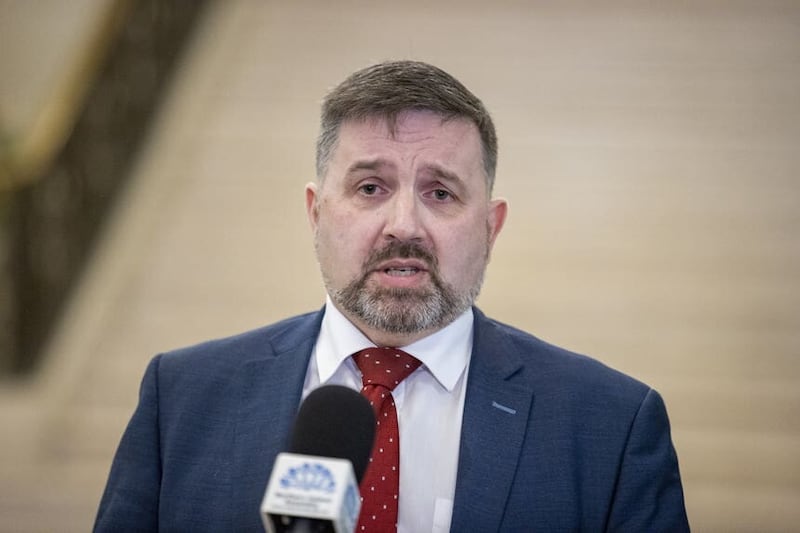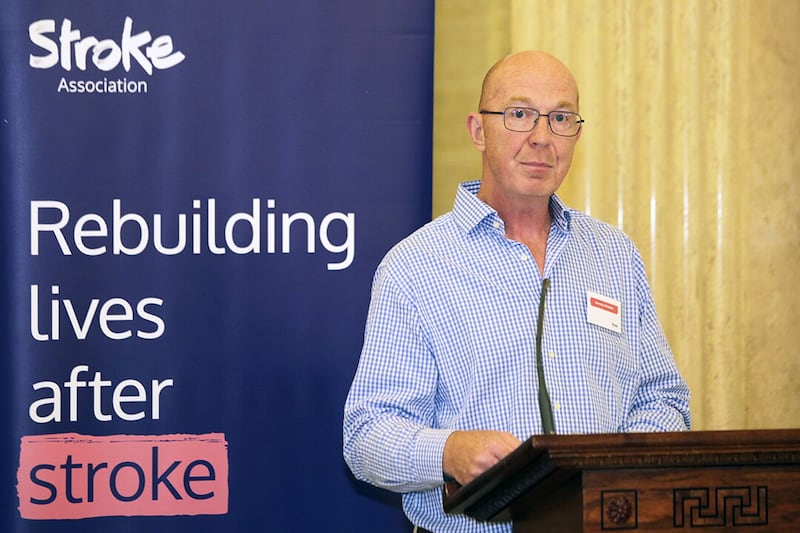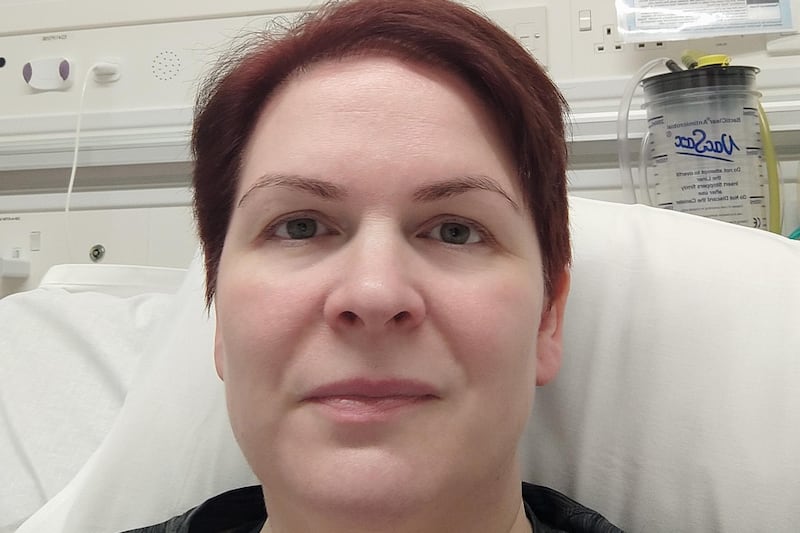Stroke patients are being “badly let down” by lack of progress on an action plan for reshaping care, according to a leading charity.
Continuing delays in creating centres of excellence for stroke care mean "opportunities to save lives and improve outcomes for patients and staff are being missed", the Stroke Association says.
One year on from the launch of the Department of Health’s long-awaited 'Reshaping Stroke Care Action Plan', the charity said there are still no firm plans for the much-needed transformation of stroke services and development of ‘hyperacute stroke units’.
This is despite the action plan committing to deciding on a future model for stroke care by summer 2023.
The action plan sets out the way forward for improving stroke services in Northern Ireland across six priority areas including the miracle stroke treatment thrombectomy, developing hyperacute stroke care, and rehabilitation and long-term support.

Last June, then Health Minister Robin Swann warned that “we can and must do better for stroke patients and carers”, but that full implementation of the plan depended on additional funding over several years.
Read more:
Co Down stroke survivor urges people to carry out 'simple test that could save your life'
Sleeping issues may increase risk of a stroke, study suggests
Co Derry woman tells of stroke impact to highlight Aphasia Awareness Month
Alasdair O’Hara from the Stroke Association said hyperacute stroke units have the potential to transform stroke care.
“There are around 5,000 hospital admissions due to stroke a year and around 1,000 stroke-related deaths,” he said.
“Many of those who survive are left with profound disabilities.
“Historically, stroke services have been provided by local hospitals, but this means they are often spread too thinly to maintain the necessary quality care and staffing levels.
Stroke patients in NI are being badly let down by delays in creating centres of excellence for stroke care. One year on from the launch of the @healthdpt Reshaping Stroke Care Action Plan, there are still no firm plans for the transformation. Read more: https://t.co/B8SDc2S3iU pic.twitter.com/DA8cmZBUJH
— StrokeAssociation NI (@strokeassocni) July 11, 2023
“While being treated on any stroke unit is better than not being treated on one at all, we know that larger stroke units work more effectively than smaller ones and, most importantly, deliver better outcomes for patients."
He said research shows that "reorganising stroke services and ensuring that every patient is cared for on a hyperacute stroke unit can save lives and reduce length of hospital stay".
"It’s vital that Northern Ireland doesn’t fall behind in terms of providing a progressive stroke service for patients and the workforce," he added.
The charity recently hosted a reception at Stormont to mark the anniversary of the action plan with health providers, charities and patients reflecting on progress and focus for the future.

Stroke survivor Jeremy Johnston from Hillsborough, who spoke at the event, said "funding is at the centre of this, but surely better early interventions would lead to better outcomes, shorter hospital stays and less requirement for ongoing care in many cases, saving resources and money".
"However, it doesn’t take a political analyst to work out that these things may be more easily achieved with a functioning executive.”
A Department of Health spokesperson said "achievement of the timescales" set out in the action plan were "contingent on securing additional expertise and capacity to support the process".
"Following an unsuccessful procurement exercise, the department was unable to proceed as initially planned, requiring consideration of alternative ways forward.
"Subject to capacity and resource constraints, it is hoped that approval for a revised way forward will be secured later in the summer.
"While the department continues to face a very challenging environment, every effort will be made to progress the reform of stroke services."








